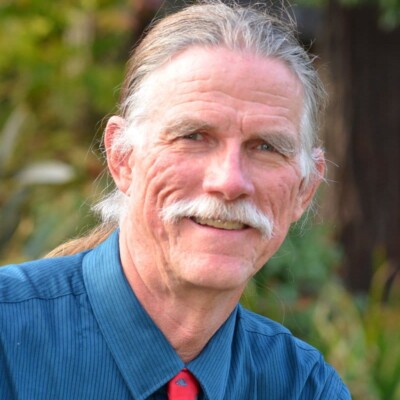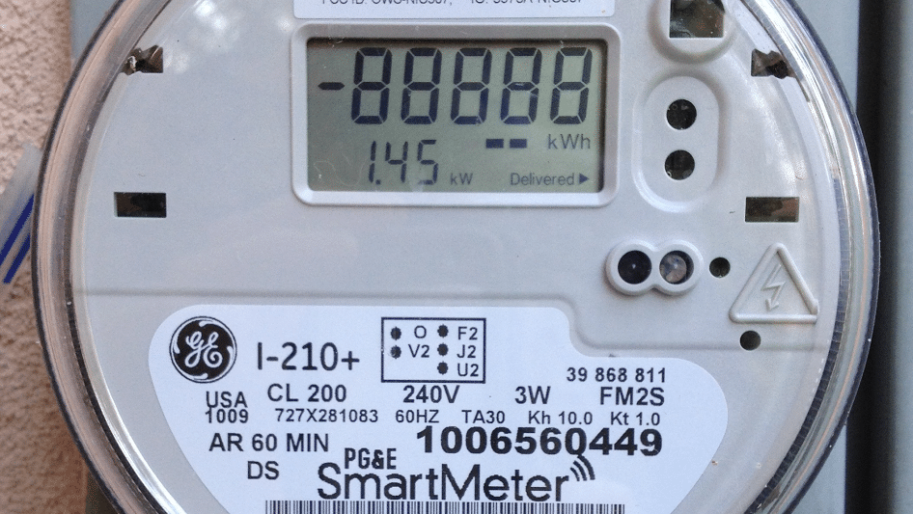On December 15, the California Public Utilities Commission (CPUC) largely rejected the Investor Owned Utility (PG&E, SDG&E, SCE) proposals to dismantle the rules that make rooftop solar viable. The CPUC’s decision, although preliminary, will determine the fate of Net Energy Metering (NEM). NEM is the set of rules that governs how rooftop solar systems are compensated by the utilities for the energy they produce, and what connection fees and other charges are assessed. It is the mechanism that has enabled several school districts around Sonoma County to receive handsome paybacks for excess energy that their solar panels generate. It has lowered the energy costs for thousands of Sonoma County residents.
This is a huge victory for rooftop solar and a clean energy future. However, it is only a proposed decision. We have our work cut out for us over the next month to hold our ground against expected strong backlash from the investor owned utilities.
Here are the summary highlights of the proposed decision*:
- Existing NEM is preserved with full retail credit
- No reduced compensation rate
- No demand charges
- No capacity fees
- No grid access fees
- No monthly netting
- No standby charges
- Current exemptions from study fees and distribution upgrades remain
- Virtual net metering (V-NEM) and meter aggregation continue with full retail credit
- Market-rate V-NEM is expanded to allow participation behind multiple service delivery points on a single property.
While these are huge victories for rooftop solar, ongoing vigilance is needed to secure, as quickly as possible, a future free of fossil fuels. We at Solar Sonoma County will continue to work with our colleagues in the distributed solar advocacy community to influence decisions affecting future Time of Use (TOU) rates, application fees, charges for CARE (California Alternate Rates for Energy program for low-income customers) and energy efficiency programs, and community solar.
The final decision on NEM will be made at the CPUC meeting on Thursday, January 28. Until then, we must keep the pressure on!
You can read all 148 pages of the proposed decision here (PDF).
*Much thanks to Brad Heavner, California Policy Director for CalSEIA for a preliminary summary of the proposed decision.


